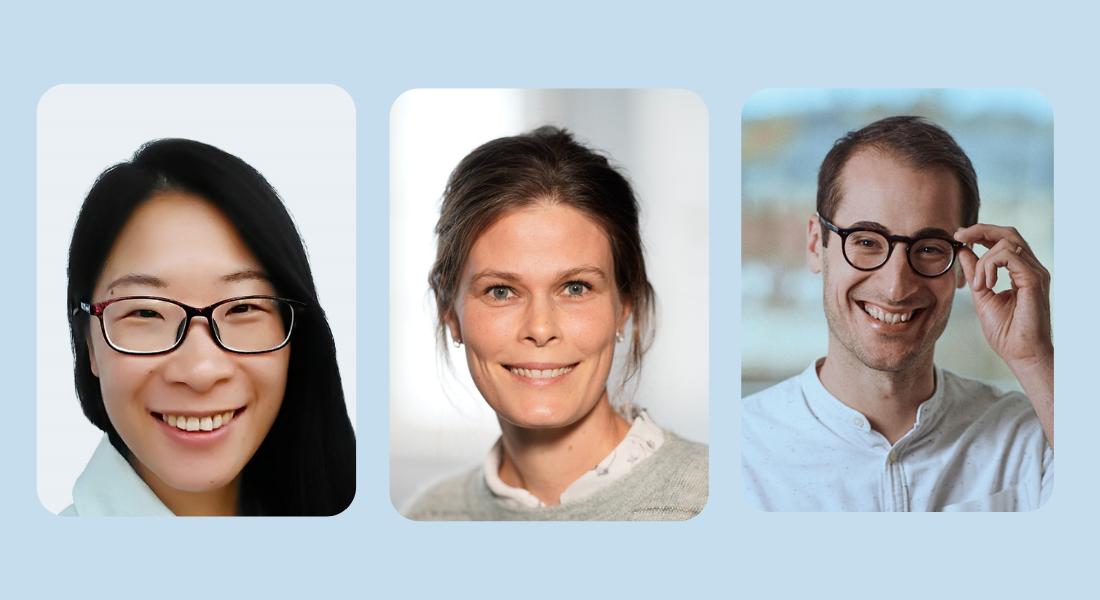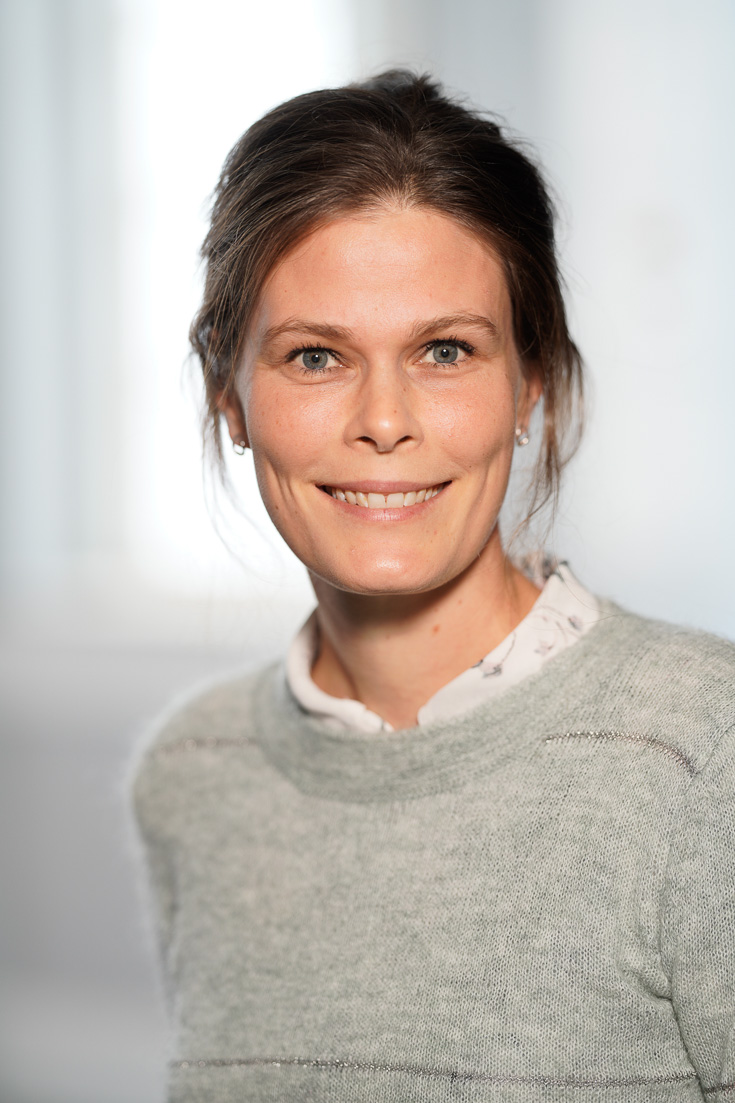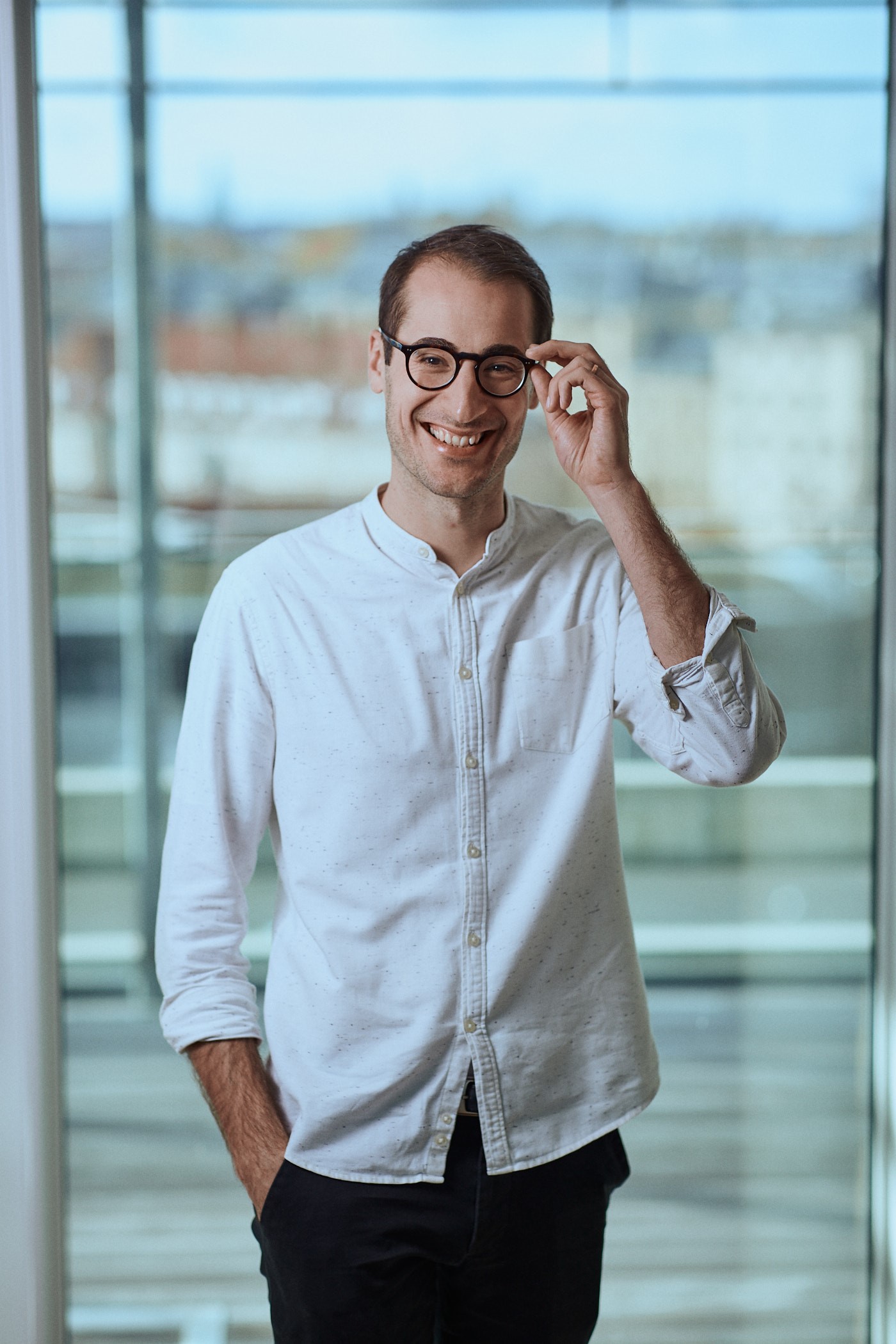Three UCPH-researchers appointed fellows by the Lundbeck Foundation
Every year, the Lundbeck Foundation awards grants of DKK 10 million to researchers in so-called fellowships. Three researchers from the Faculty of Health and Medical Sciences at the University of Copenhagen receive such a research grant this year.

To stimulate and develop particularly talented young scientists researching in biomedical sciences. That is how the Lundbeck Foundation describes the purpose of the grants in the so-called fellowship program where they support innovative research projects.
This year, no less than three researchers from the Faculty of Health and Medical Sciences at the University of Copenhagen receive such a fellowship. With each fellowship follows DKK 10 million to research over a 5-year period.
If your knee or hip is worn, the answer may be to have a prosthetic fitted – an implant.
This restores mobility in many, but in some cases, the procedure fails due to infection.
Infections of this kind can potentially destroy the bone tissue intended to bond with the implant. In some cases, the prosthetic device needs to be removed, and the bone damage caused by the infection can complicate insertion of a new implant.
Louise Kruse Jensen – 37, associate professor at the Department of Veterinary and Animal Sciences, University of Copenhagen – will use her Lundbeck Foundation Fellowship to establish a research group that will seek to develop a new technique for preventing implant-associated infections in humans.
Such implant-associated infections are usually difficult to treat with antibiotics. Louise Kruse Jensen aims to develop and test a new nanomaterial to treat the surface of implants.
One of the distinctive features of this material – which will initially be tested in trials with minipigs – is that it binds and releases large concentrations of antibiotics, enabling cure of an incipient infection.
Louise Kruse Jensen will also study the biochemical grounds for known infections associated with implants in humans.
When someone has a stroke, the clot must be removed quickly to ensure that the blood flow is obstructed for as short a time as possible.
This is important in order to minimise the damage that occurs when the blood supply is cut off from parts of the brain and the supply of oxygen and nutrients to these regions is temporarily constricted.
However, even if the doctors manage to remove the clot quickly, both brain tissue and the small blood vessels – capillaries – will have a tendency to continue to develop damage for some time afterwards.
Changsi Cai – 38, an associate professor at the Department of Neuroscience, University of Copenhagen – will use her Lundbeck Foundation Fellowship to establish a research group that will attempt to answer this question by taking a closer look at blood flow in the small cerebral capillaries.
She will conduct animal trials to try to map molecular factors that play a part in directing pericytes – muscle cells which act like valves by regulating blood flow in the capillaries.
The assumption is that a better understanding of how these “valves” actually work could be a starting point for the design of therapies to reduce the damage caused by cerebral ischaemia.
How is a foetus affected by its environment – and how does this environment affect the life it will live after birth?
Jan Zylicz – 35, associate professor at the NNF Center for Stem Cell Biology, University of Copenhagen – will use his Lundbeck Foundation Fellowship to establish a research group to address this question.
Among other things, the project will study the impact of the environment on foetal development after in vitro fertilisation, IVF.
Jan Zylicz and his research group will investigate how an artificial environment such as IVF affects development at the foetal stage. However, they will also consider other factors such as how the foetus is affected if the pregnant woman has untreated diabetes.
The studies are based on stem cell models.
